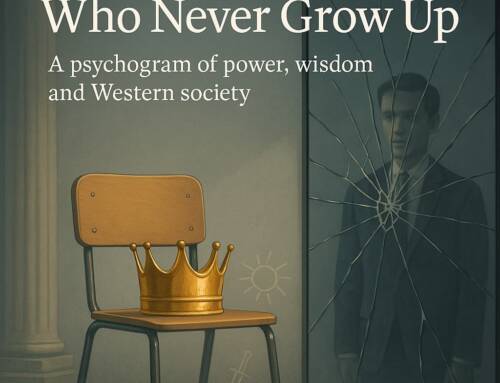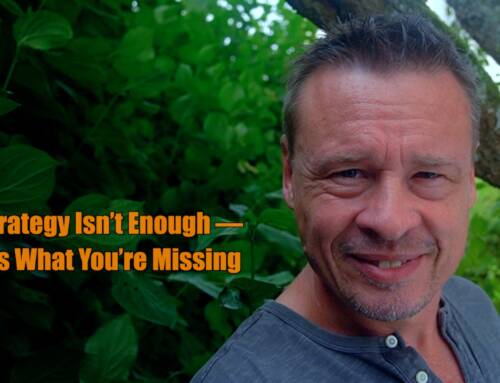Working on communications for multistakeholder partnerships is like working out at the gym.
Many people can do either one six days a week for years without gaining anything. Why is that?
In terms of physical exercise, there’s lots of information out there to explain this phenomenon.
From what I can see there are at least three very fundamental reasons for lagging substantial muscle gain:
- People don’t want to sweat. They don’t really demand much of their muscles. Trainers on the other hand are careful not to push people since many of them have health issues that could result in injuries and liability cases. Plus gyms for regular people don’t want to lose their unfit clients by making them feel “uncomfy”.
- Or too much cardio – many people dream of cutting fat alongside building muscle which involves including a lot of cardio-focused workouts. While they burn fat, they can actually slow down the development of muscle mass too. Cutting and gaining simultaneously is difficult. (If you’re interested have a look at 5 Reasons You’re Not Gaining Muscle)
- Then many of us don’t give our muscles time to rest and build. We train the same muscles too often. Or ⏤ when it comes to the individual exercise ⏤ we completely exhaust a muscle on each set we do. “Go, go, go. I got you”, shouts the exercising partner. We push five, six, seven times until the Golgi tendon organ says “cease contraction”. What happens is that during the last contractions of a row the muscle did not have time to replenish with oxygen and other vital stuff. So the best way is to wait a couple of seconds after each contraction to allow for the blood to circulate through the muscle — like most people naturally do while doing squads for some reason.
What else is wrong with the way most of us exercise?
Well, people focus too much on their limbs. For good physical health, the torso especially the lower back and abdominal is key and should be the starting point for building up strength. It is the center of the body and gravity, critical for any motion of the body. It is the Hara as conceptualized by the Chinese and Japanese martial arts, where it’s important for their practice because it is seen ⏤ as the term “Sea of Qi” indicates ⏤ as the reservoir of vital or source energy (Yuan Qi).
Now, what has that to do with the communications of networks?
Networks in development cooperation don’t come together enough and when they do they exhaust their capacities. With regard to their communication outlets, they are concerned more with what their products look like and how those pulling them together should compile them, than with strengthening the information compilation process at the core of the projects, using more senior communicators and introducing feedback mechanisms for example.
The phases of compiling information are sporadic and strenuous to the system, causing damage as people working with communications are getting dissatisfied with the ratio of work put in and the impact coming of it. So finding ways to let enough information flow back and forth on regular basis, creating continuity and relatability would be advisable to get substantial gains over longer time frames.
Communications advisors who know what should be done about it are generally very careful to give this kind of advice or instruction because of the agency problem. The advisor’s first job is to make the client happy. Fulfilling the assignment is secondary to that. So to tell an unwilling client about what would be strenuous but necessary is very risky, to say the least. It might cause a “cessation of the contract”, or a non-renewal which is more common in development cooperation. Then you don’t have to explain your issues.
What gets us the results we want?
“No pain, no gain”, goes the old saying. Though the emphasis is usually put way too much on the pain part. In other words, you need to feel something but overdoing it will actually throw you back.
The same is true for communicating in a network setting. Some serious effort is necessary. Figuring out who the target actually is. What value can you bring to them? These assignments might be a pain, especially since the supervisor “just” wants to get the positive results of the project publicized. But they are prerequisites to gain. If you don’t aim at your target group with something of value to them, you won’t gain much. Only strenuous work.
So what does the trick? When interviewed the other day about why he was still working so hard, Jerry Seinfeld’s response was a masterclass in success. For him, it’s all about process and consistency increasing ability and capacity. “Breakthroughs in skill come not from eureka moments but from the accumulation of consistent, focused effort,” he said.
So if you want to get more out of your communications work, have a look at your workflows. Make them consistent, continuous and targeted. This will ultimately raise the capacity of your communicators. You’ll gain substance to fight at a higher weight class.






Leave A Comment